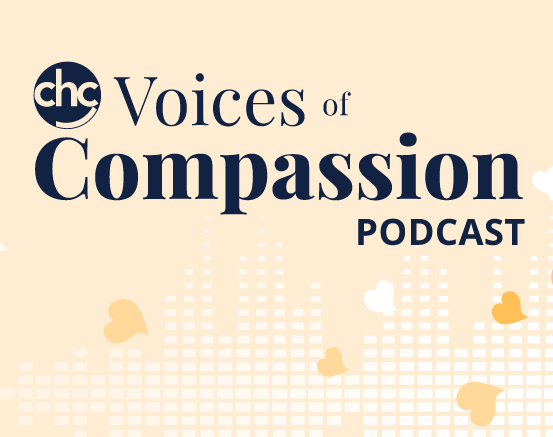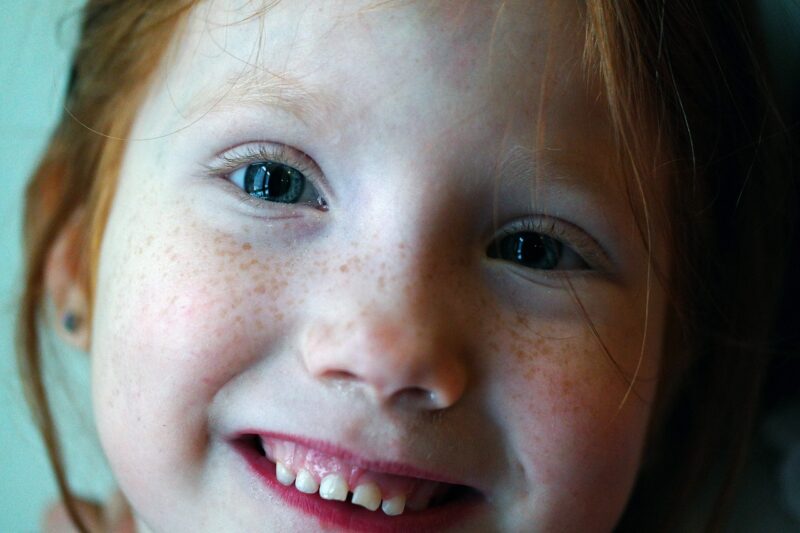
Concerned About Your Child’s Learning?
After nearly a year of remote learning, parents have a window into their child’s learning style like never before. As a parent, you may have observed some behaviors that make you wonder: does my child have a learning or attention Read more >>









